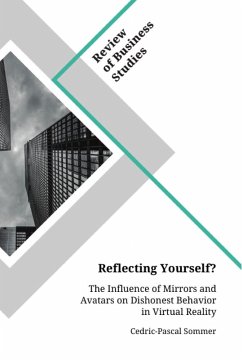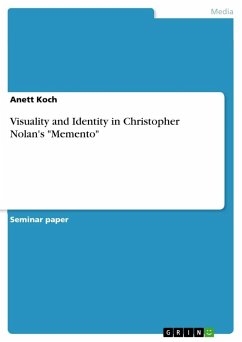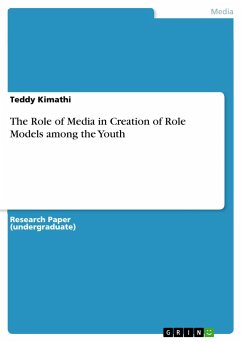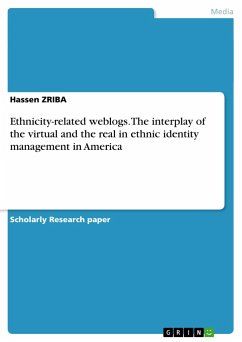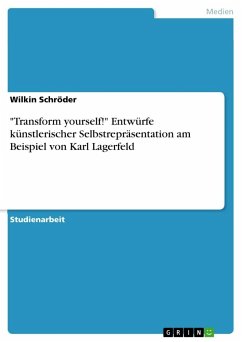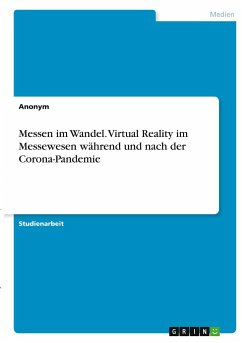Bachelorarbeit aus dem Jahr 2019 im Fachbereich BWL - Review of Business Studies, , Sprache: Deutsch, Abstract: What is the nature of the self? The search for an answer about the nature of human consciousness and the self historically roots in philosophy. During the 20th century, the domain of social psychology greatly advanced these concepts and generated more practical insights about interactions between the self and the environment. One field of research which advanced in this period deals explicitly with the state of self-awareness and its implications on human cognition and behavior.
Ethical behavior and moral standards are manifested through societal norms. These societal norms reflect on the characteristics of the society and are of practical relevance in daily interaction. For this thesis, one moral standard is of particular interest: Honesty. As empirical research shows, dishonesty is clearly regarded as anti-social behavior in society, but broadly prevalent in major parts of society . Examples range from insurance fraud to income misreporting to reduce tax payments, to lighter offenses, like keeping excess change in a restaurant. All these instances of dishonesty are not only antisocial, but bear huge costs on businesses and economies. It becomes clear that the field of dishonesty is increasingly relevant in the economics domain. Academic research aims to identify the mechanisms and factors that influence lying behavior.
Our current understanding has already classified several such factors, which are consistent with the theory of Duval and Wicklund about self-awareness. However, disruptive technological shifts change the external environment of these factors, and, therefore, call for an update of our theory. One disruptive technology that has greatly advanced in maturity and adoption in recent years is Virtual Reality (VR). VR provides the possibility to experience a seemingly real and physical simulation of a fictitious environment, brought to the individual through a 'high tech' helmet or headset.
The purpose of this thesis is to assess the influence of two known factors of self-awareness on dishonesty in VR. First, looking into a mirror has been shown to induce self-awareness and decrease dishonest behavior. Second, wearing a mask as a disguise has been shown to inhibit self-awareness and increase dishonest behavior.
Ethical behavior and moral standards are manifested through societal norms. These societal norms reflect on the characteristics of the society and are of practical relevance in daily interaction. For this thesis, one moral standard is of particular interest: Honesty. As empirical research shows, dishonesty is clearly regarded as anti-social behavior in society, but broadly prevalent in major parts of society . Examples range from insurance fraud to income misreporting to reduce tax payments, to lighter offenses, like keeping excess change in a restaurant. All these instances of dishonesty are not only antisocial, but bear huge costs on businesses and economies. It becomes clear that the field of dishonesty is increasingly relevant in the economics domain. Academic research aims to identify the mechanisms and factors that influence lying behavior.
Our current understanding has already classified several such factors, which are consistent with the theory of Duval and Wicklund about self-awareness. However, disruptive technological shifts change the external environment of these factors, and, therefore, call for an update of our theory. One disruptive technology that has greatly advanced in maturity and adoption in recent years is Virtual Reality (VR). VR provides the possibility to experience a seemingly real and physical simulation of a fictitious environment, brought to the individual through a 'high tech' helmet or headset.
The purpose of this thesis is to assess the influence of two known factors of self-awareness on dishonesty in VR. First, looking into a mirror has been shown to induce self-awareness and decrease dishonest behavior. Second, wearing a mask as a disguise has been shown to inhibit self-awareness and increase dishonest behavior.

